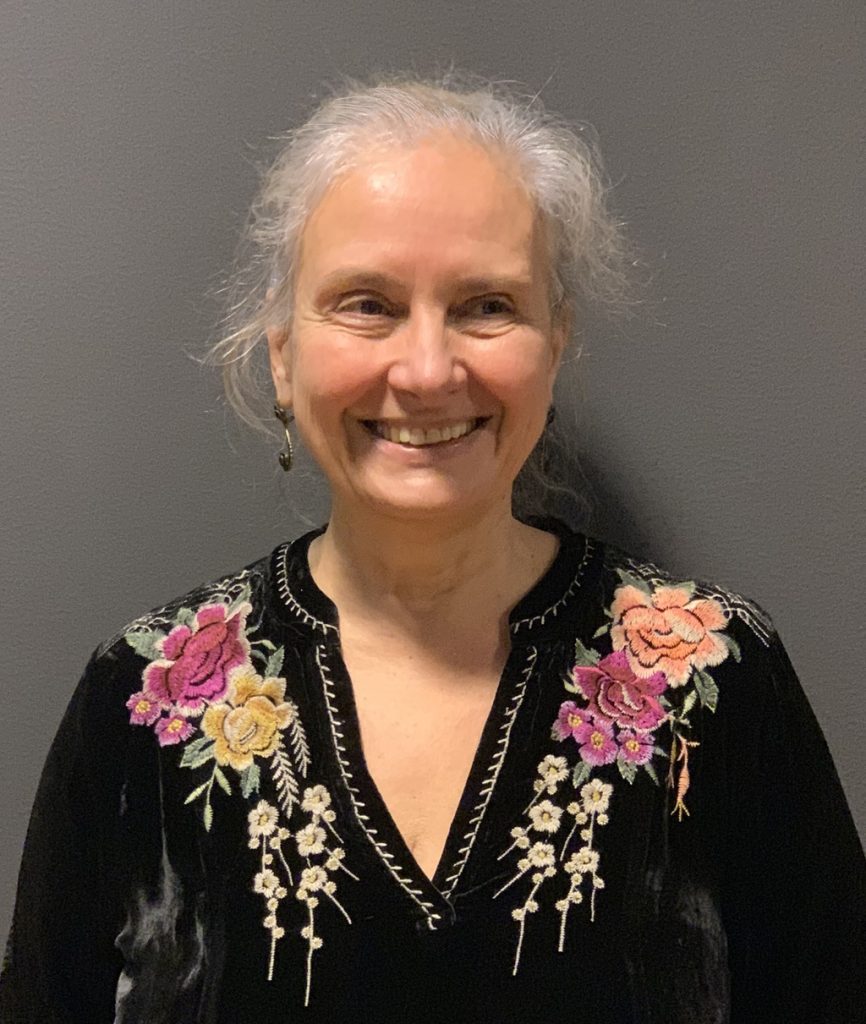
Alma Leora Culén, Professor, Department of Informatics, University of Oslo.
Alma’s research interests are in the intersection of Human-Computer Interaction (HCI), Interaction Design (IxD), and sustainable design. Her recent work includes reflections on transitions toward more sustainable futures and ways one can engage with designing for transitions as a design researcher, practitioner, and educator. A part of this trajectory is fabulation, as a way to imagine alternative futures and open for critical assessment of different opportunities for research and design.
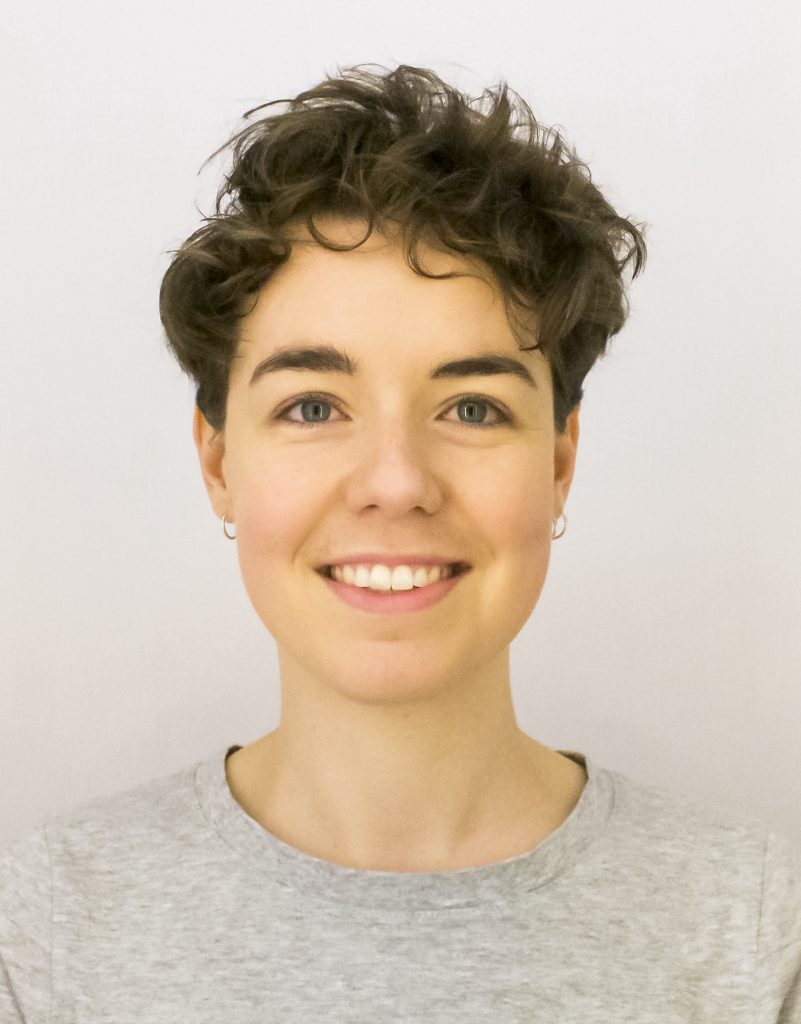
Anja Neidhardt-Mokoena (she/her), doctoral candidate at Umeå Institute of Design and at Umeå Centre for Gender Studies, both at Umeå University, Sweden.
In my PhD research project I focus on feminist design strategies that could support initiating transformational processes of design museums aiming towards more just futures.
Part of my research entails envisioning spaces for continually re-imagining design. The characteristics and qualities that I propose for such transformational spaces that support design’s development towards more just futures are currently based on workshops that I developed and hosted as well as on inspiration from activist spaces. I am now more and more interested in exploring fabulations as a way to further develop this part of my research in the future.
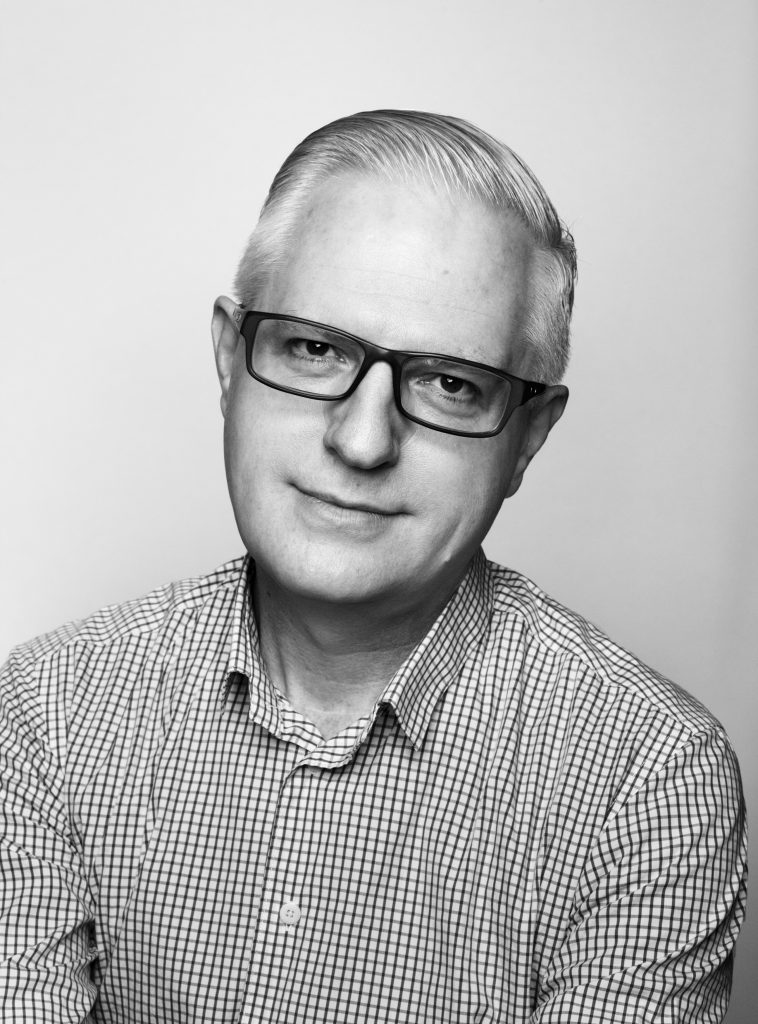
Andrew Morrison (he/him); Institute of Design, Oslo School of Architecture and Design
His interests lie in making anticipatory futures present through multimodal narrative design.
His interest in fabulation is in exploring collaborative tactics for shaping alternative presents and situated shared actions for long term survivable and surprising futures.
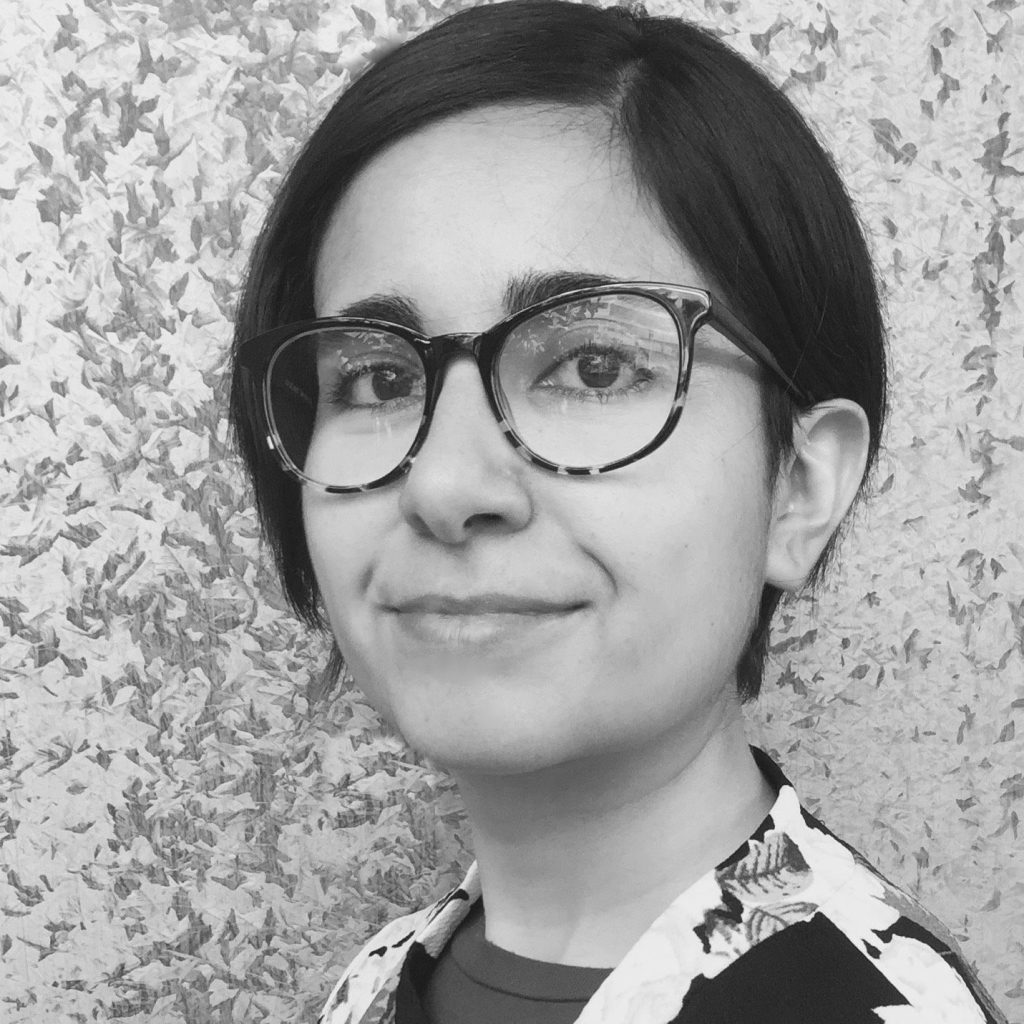
Claudia Núñez Pacheco is an interaction designer and postdoctoral researcher at the Department of Informatics at Umeå University. Her research investigates the role of our bodily ways of knowing in design research and practice, specialising in first and second-person methods for somatic awareness and noticing. Recently, she has embarked on the exploration of nomadism and impermanence from an affective, aesthetic and material perspective. Fabulation promises to bring new ways of designing futures where life as we know it cannot be taken for granted. http://claudianunezpacheco.com
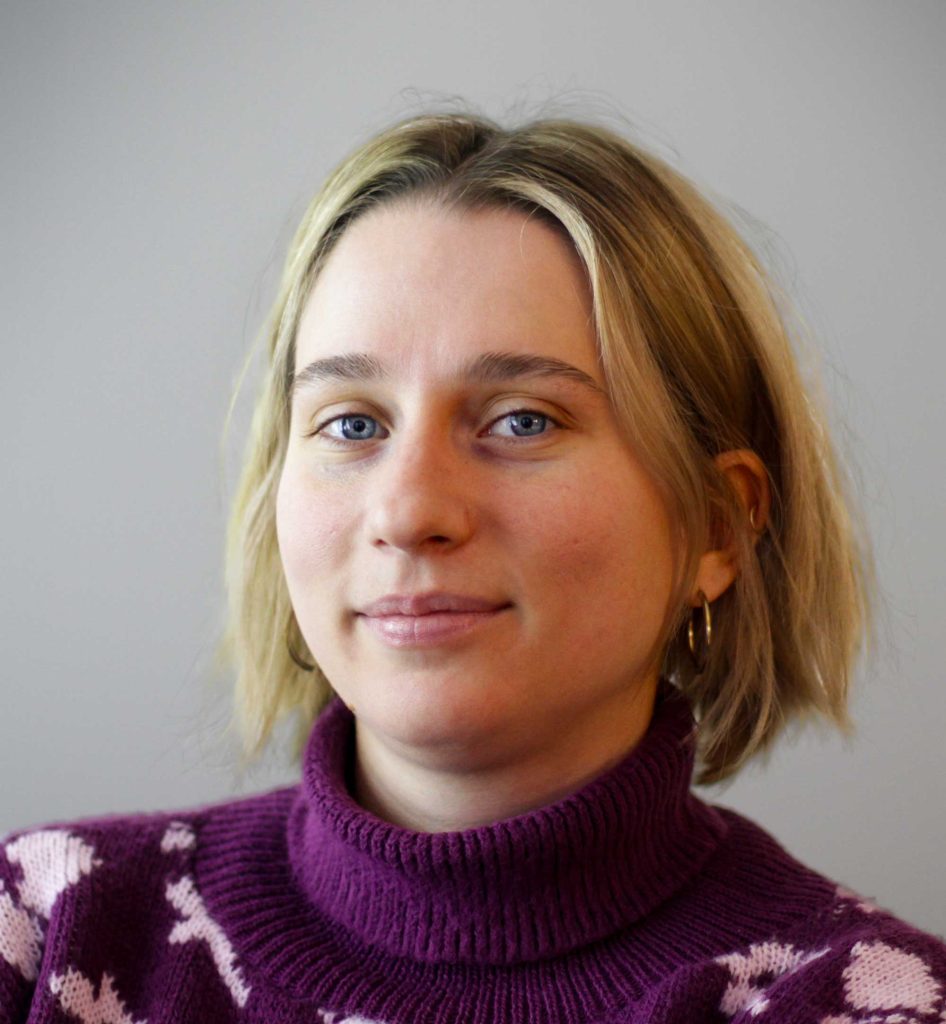
Irene Kaklopoulou (she/they) is a PhD student at the Department of Informatics at Umeå University, Sweden.
My research and design inquiry is grounded on feminist technoscience, investigating how to design technologies for and with the lived, felt, and entangled nature of the body and wellbeing.
Designing can be seen as a process of crafting futures, and therefore, fabulation is an exciting and promising way to imagine, craft, and engage with alternative worlds that might be able to cater to a plurality of bodies, lifestyles, temporalities, and ways of existing in the world.
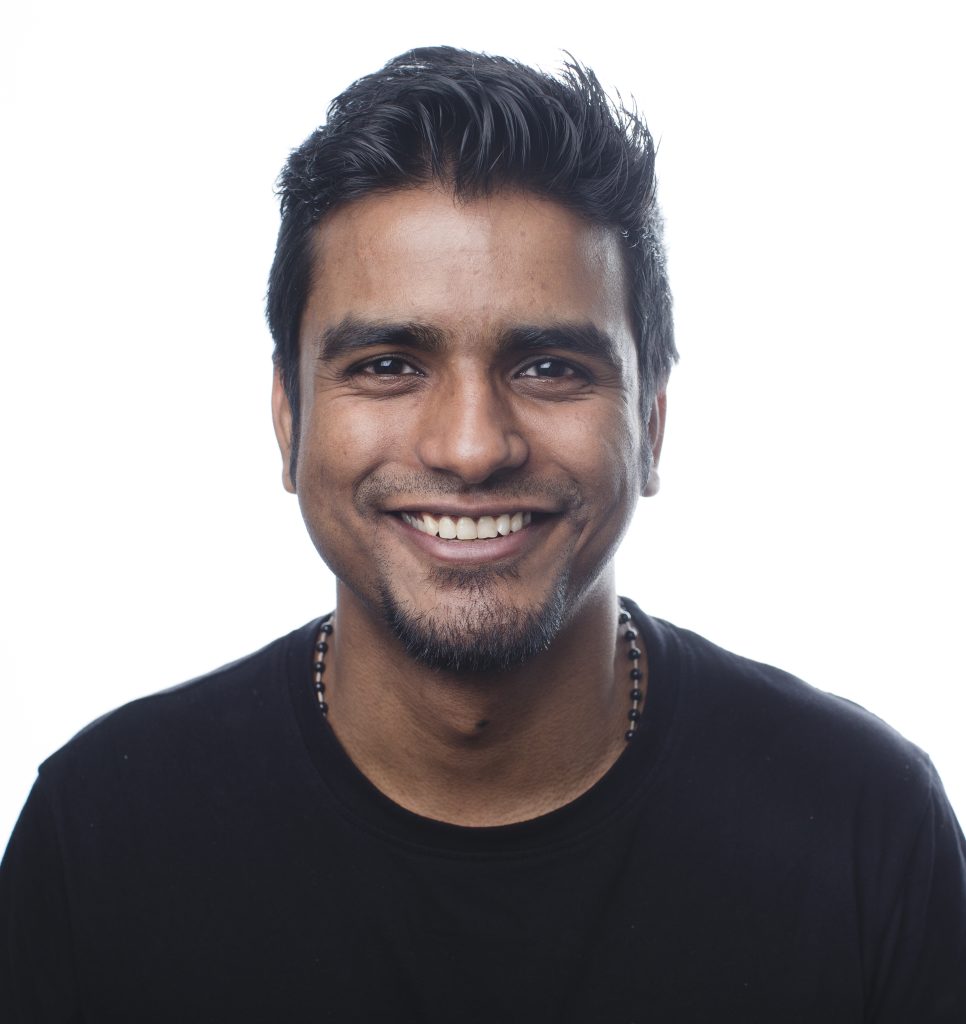
Jomy Joseph (he/him), is an Industrial Designer and Postdoctoral researcher with the Anthropogenic Soils project at IKOS, University of Oslo.
His research interests include exploring systematic, generative, Research by/through Design inquiries reclaiming alternative, emergent, technologically disobedient concrete utopias of the now.
He want to meet wonderful minds and entangle myself and his designerly research practices with those of the community and understand how humans enjoy humaning by design.
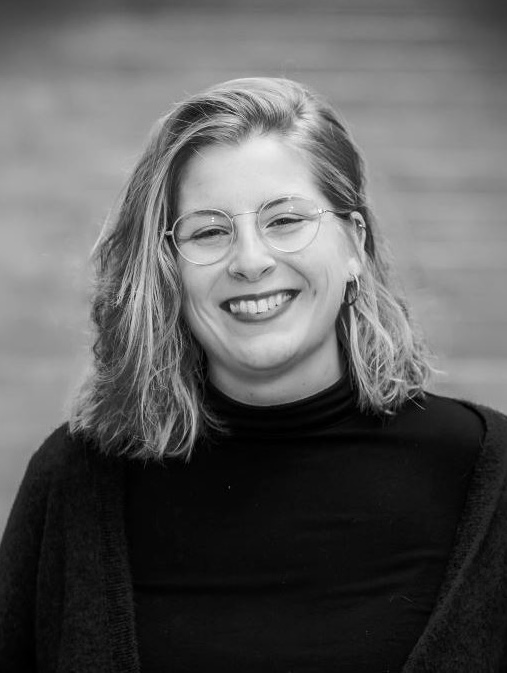
Lara Reime (she/her) is a PhD Fellow at the IT University of Copenhagen, affiliated with the Technologies in Practice research group and the ETHOSLab.
In my research combine design and ethnographic methods to investigate the social, material, and embodied aspects of digital reproductive health technologies and intimate data relations.
I’m interested in discussing our roles in co-creating worlds through the ways we think, research, and design and exploring the role fabulation might play in troubling temporalities and binaries to imagine more just futures.
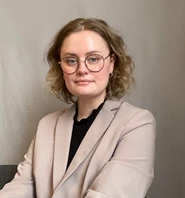
Linnea Öhlund is a PhD student who works alongside communities and groups who face structural and historically rooted injustices. As they gain recognition in society and politics it is important that technology follows along with this change. By researching the position of digital technology and design within and towards stigmatized, marginalized and discriminated groups it is possible to further understand what role technology can have in relation to equity and justice.
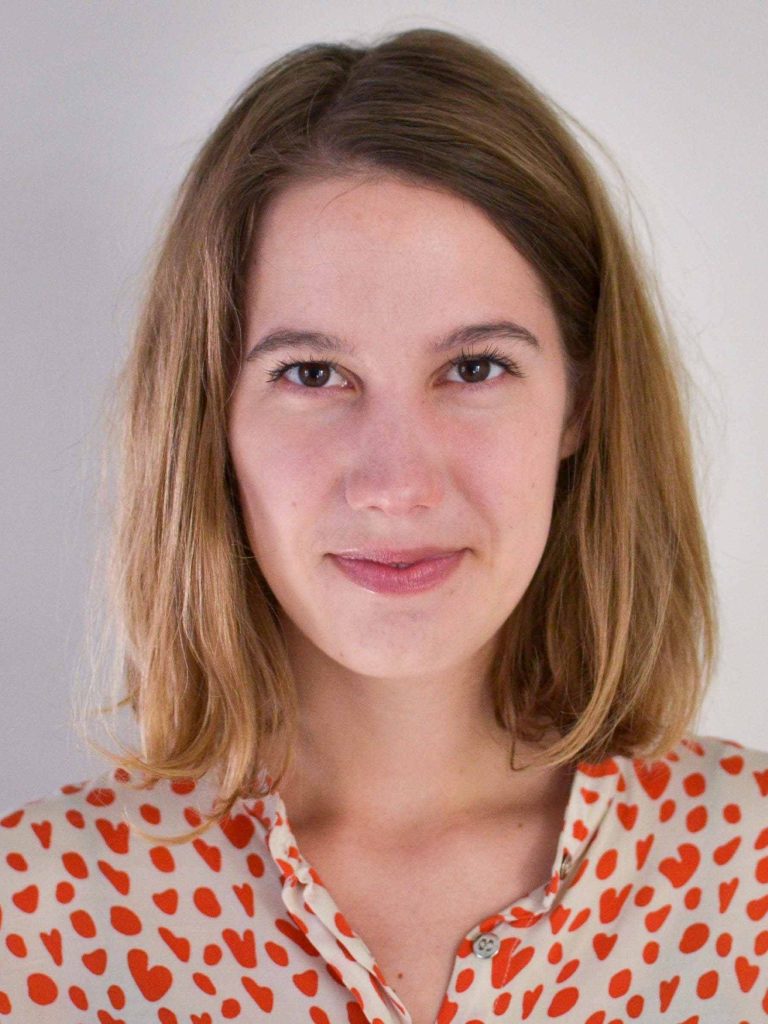
Marie Louise Juul Søndergaard (she/her) is a postdoctoral researcher at the Oslo School of Architecture and Design, Norway
I am designing and researching feminist technologies for menstrual, sexual and reproductive health.
I am curious about how fables and fabulations’ elements of animals, humor, morality and otherworldly beings can inspire designers to imagine radically different practices, objects and technologies of care. For the Oslo workshop I can’t wait to get witchy, and just make stuff!
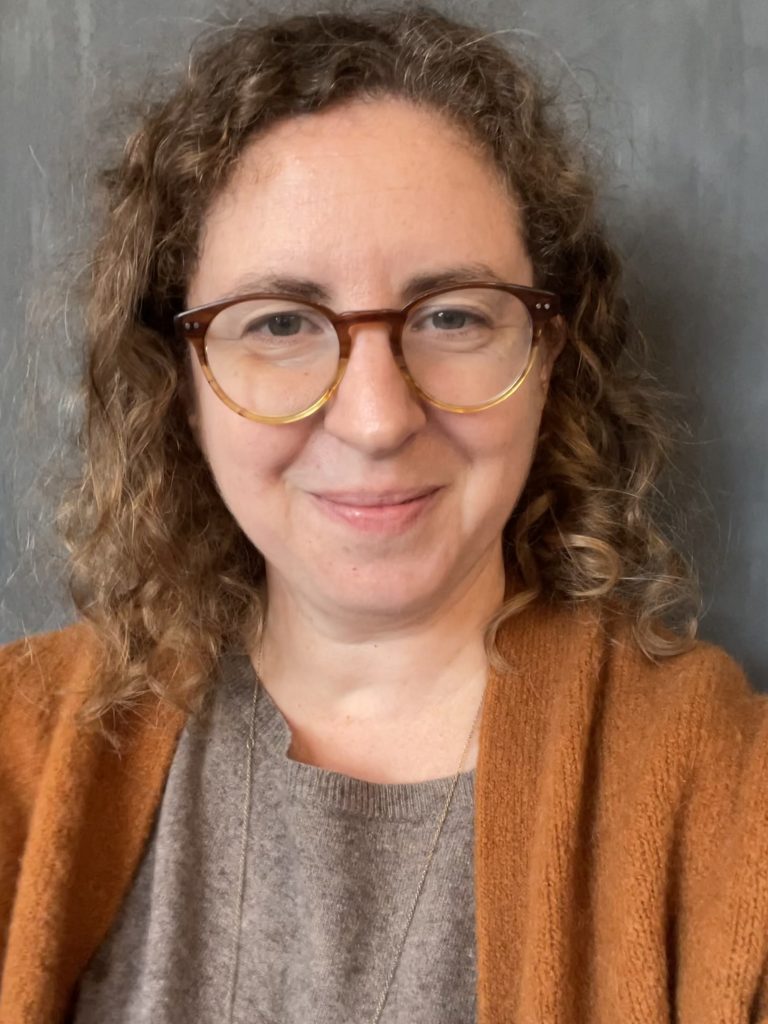
Marisa Leavitt Cohn (she/her) is an Associate Professor in the Technologies in Practice Research Group at the IT University where she also directs the ETHOS Lab. She is a feminist-STS scholar using ethnographic and research-through-design methods to study software obsolescence, maintenance labor, and temporalities of and infrastructural decay.
In my research, I explore how our relationship to time and the future is shaped by temporal narratives of software and infrastructural change. My hope is to further explore fabulation as a method of empirical inquiry and means of co-speculating technological change – particularly decline, decay, and dismantling.
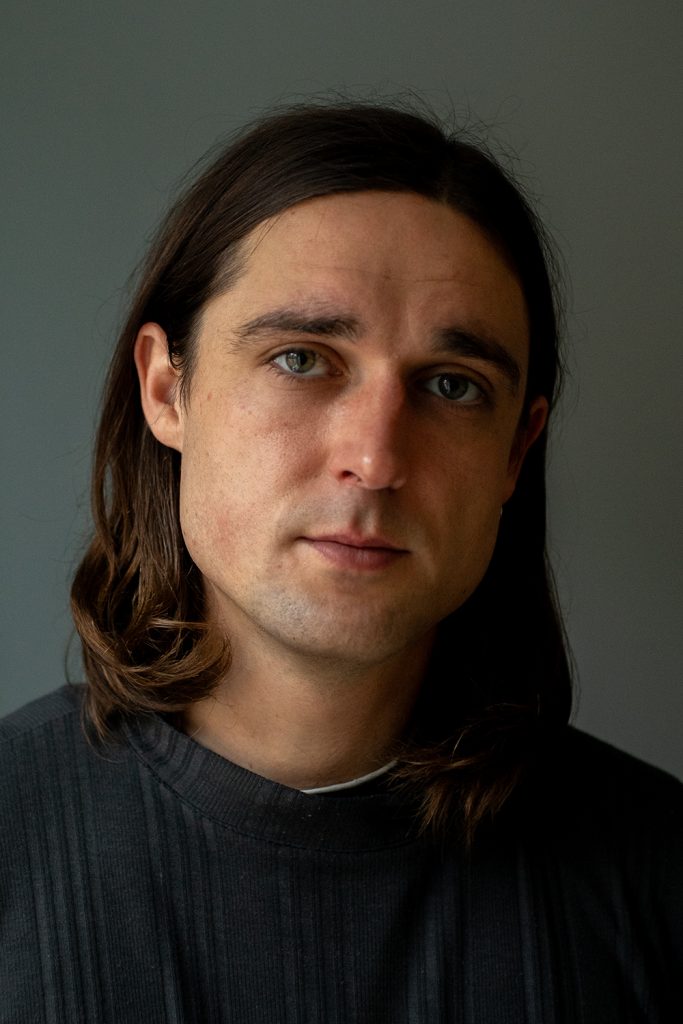
Martin A. Padalak (he/him) is a PhD Fellow at the IT-University of Copenhagen’s Digital Design Department working out of IxD Lab.
My research explores prospective farmer’s preferable futures and the role of technology in sustainable future food-production. The project gathers my practical and educational training in architecture, farming and interaction design.
I hope to learn from other researchers; how they have made, worked and thought with imaginaries. Hopefully, my understanding of fabulation and its role in my research will be developed, and my own perspective offer some meaning to others.
Nick Stevens (He/Him), UiO ( University of Oslo)
I am undertaking an explorative PhD using practice led approach into how designers might contribute toward alternative production methods for digital artifacts.
My interest in the fabulation workshop is to meet a like-minded group looking at ways in which we might contribute to more inclusive and considerate futures. While also exploring more directly how fabulation might alter our conceptions of energy, energy use and proliferation of digital objects.

Sarah Homewood (she/her), Assistant Professor, University of Copenhagen
I use design to explore how societal norms influence how we design self-tracking technologies.
I want to gain new methods for integrating fabulations into my research practice.
| Nadia Campo Woytuk | KTH Royal Institute of Technology |
| Simy Kaur Gahoonia | ITU |
| Enrique Encinas | AHO |
| Mafalda Gamboa | Chalmers University |
| Mosse Sjaastad | AHO |
| Camilla Mørk Røstvik | University of Agdar |
| Josina Vink | AHO |
| … | … |